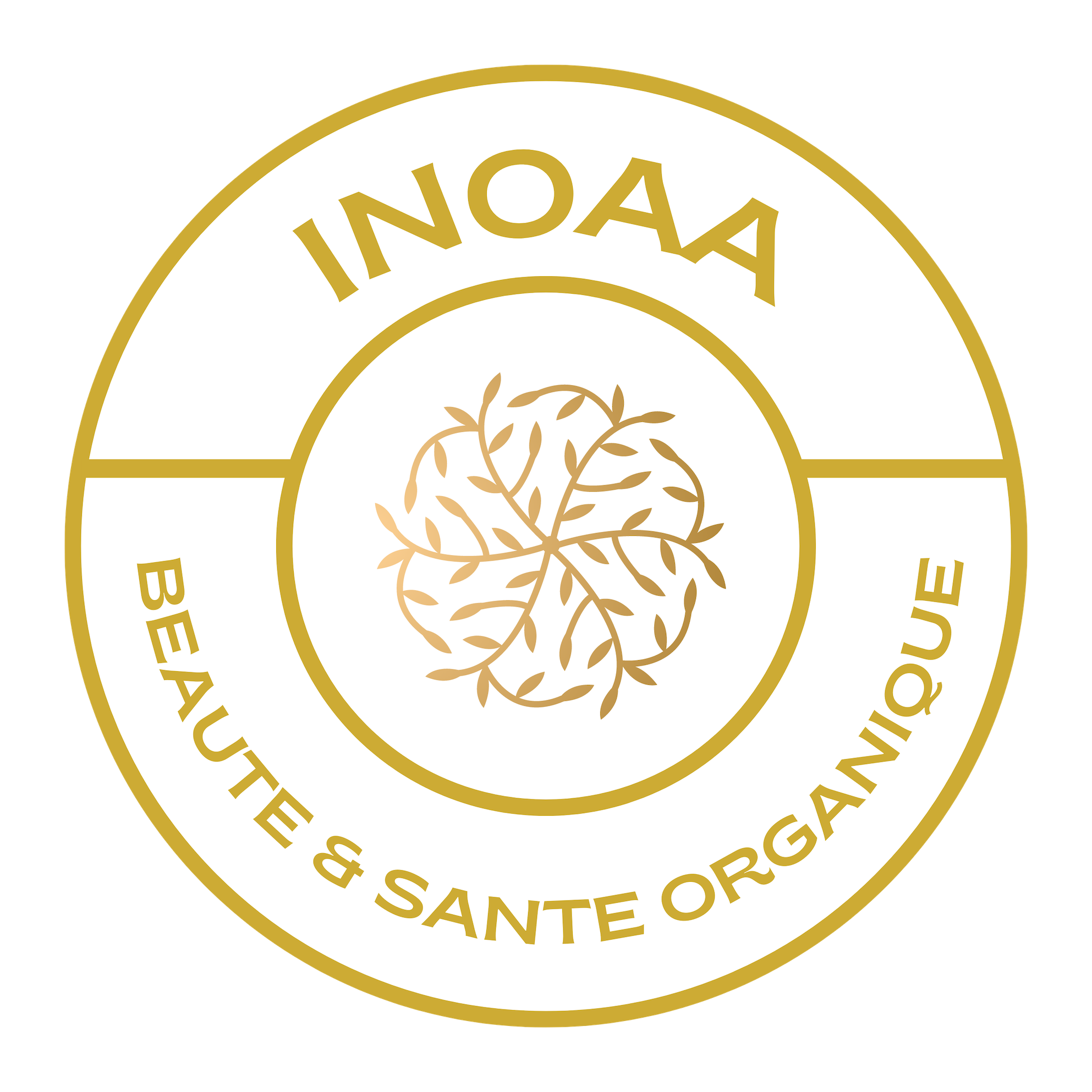What is this ?
Spirulina is a spiral-shaped cyanobacteria (from which it gets its name) and blue-green in color. It is distinguished by a very rich nutritional composition, which has earned it the status of superfood and even food of the century, such is its potential.
It contains a significant portion of protein: 70% on average. But also iron, B vitamins (and others), minerals, antioxidants and many other nutrients.
Spirulina is a food supplement appreciated in the world of sport, due to its beneficial effects on recovery. Its active ingredients and nutrients help to strengthen our natural defenses and purify the body.
In addition, it promotes a return to a healthy nutritional balance. It also helps meet a significant part of our nutritional needs, particularly in iron and protein.
Where can you find spirulina?
This edible and easily digestible organism, part algae, part bacteria, is naturally present in the lakes of Africa, Latin America and South Asia. However, being a very popular food supplement, spirulina is now cultivated industrially all over the world.
Its benefits in detail
A natural food supplement rich in iron
Rich in nutrients, spirulina is one of the foods of plant origin that contains the most iron. The content is 50 to 100 mg of iron per 100g of spirulina. Iron plays an essential role in our body. A constituent element of hemoglobin inside red blood cells, it helps supply our organs with oxygen and facilitate the oxygenation of the muscles.
Quite common among women, particularly due to menstruation, iron deficiency can cause fatigue, hair loss and an unbalanced emotional state. Spirulina, in combination with a balanced diet, can help achieve the recommended daily intake of iron, which varies between 7 and 8 mg depending on age, lifestyle and gender.
To facilitate the assimilation of the iron contained in spirulina, we recommend combining it with foods rich in vitamin C such as citrus fruits.
An algae with interesting properties for the liver
The high content of amino acids and vitamins also gives spirulina interesting properties for the liver. This plays a crucial role in maintaining balance in our body, in particular by eliminating toxins and waste.
The liver produces bile, which helps digest fats and filter the blood to rid it of all harmful substances accumulated by diet or an unbalanced lifestyle.
In the event of overload, our body becomes unbalanced and various manifestations can occur such as fatigue, digestive disorders or even the appearance of acne spots. The immune system is also affected.
A powerful antioxidant, spirulina helps support the elimination functions of our body and fight against the formation of free radicals responsible for oxidative stress. Its consumption acts as a natural shield against oxidation, and helps protect the liver from external damage.
Its benefits for athletes
Spirulina is often recommended for high-level athletes, particularly to help improve their physical performance and endurance. Its richness in vitamins, minerals, trace elements and proteins is in fact particularly suited to meeting the needs of athletes. Consumed as a treatment, it contributes to gaining muscle mass and losing fat mass, always in association with a balanced diet.
The iron contained in spirulina, associated with the copper and vitamin B12 it contains also plays a role in the formation of red blood cells. This will have the effect of facilitating the oxygenation of the muscles and increasing the maximum volume of oxygen. Finally, the richness in fatty acids, pigments such as phycocyanin and enzymes of spirulina will help to reduce the formation of free radicals and therefore limit possible inflammations.
Its benefits for vegetarians and vegans
Used in certain countries to combat malnutrition, spirulina is also interesting to consume as part of a vegetarian or vegan diet . 48g of spirulina actually contains as much protein as 100g of beef!
Spirulina also contains iron (around 20% of the recommended daily intake) and vitamin B12.
This vitamin is essential for our body because it acts on the production of red blood cells, fatty acids and certain amino acids.
The vitamins, minerals and trace elements contained in spirulina make it an interesting food supplement to provide the body with all the nutrients it needs.
In combination with a diet rich in fruits, vegetables and plant proteins, spirulina tablets are therefore particularly interesting from a health point of view.
Spirulina: precautions for use
Contraindications
People allergic to iodine should avoid consuming spirulina. Medical advice is necessary in the event of hyperparathyroidism.
You should also pay particular attention to the quality of the spirulina. This is due to the risk of heavy metal contamination.
Natura Force Spirulina is certified free of heavy metals and contaminants.
Side and/or undesirable effects
Spirulina does not cause side or adverse effects at recommended doses. Follow the intake recommendations carefully and gradually increase the doses to avoid any possible inconvenience.
Source(s): www.inoaa.fr / www.lavieclaire.fr / www.naturaforce.com



